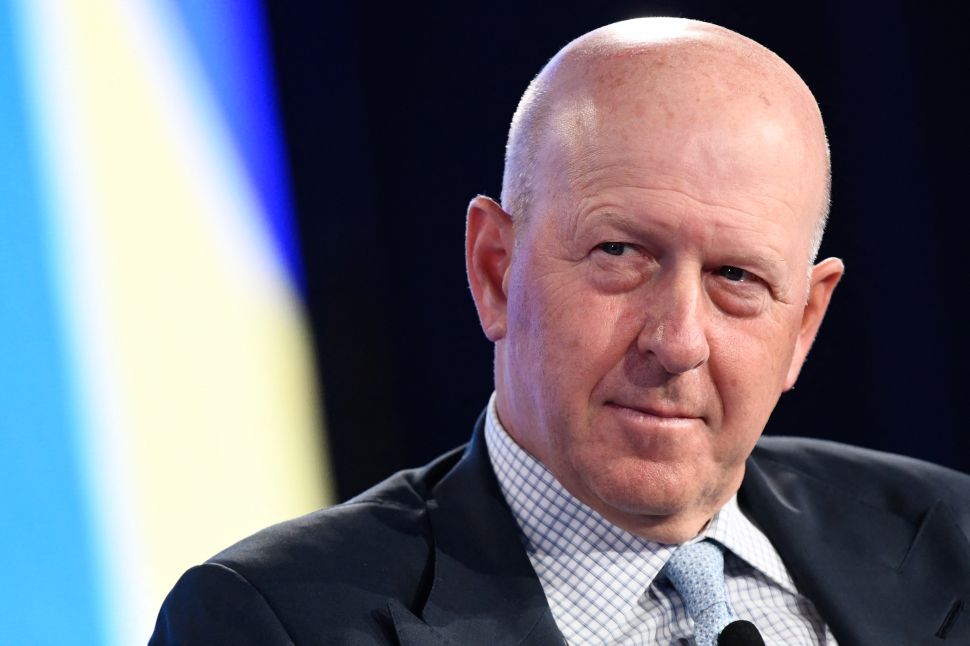
The U.S. is heading towards a flurry of dealmaking activities that will either match or exceed ten-year averages of capital raising and mergers and acquisitions, according to Goldman Sachs (GS) CEO David Solomon. A growth-focused environment and loosened regulatory landscape is expected under the incoming Trump administration, which would not only boost deals but benefit the banks advising them.
“I’m quite optimistic that this administration is going to a run a very, very pro-growth agenda,” said Solomon while speaking at the Reuter NEXT conference today (Dec. 10) in New York. The banking executive is predicting a bump in both transactional activity and asset prices, which he described as things that “are good for Goldman Sachs’ business.”
Investors seem to agree. Alongside other major banks, Goldman Sachs saw its shares surge upon Trump’s election, jumping 13 percent on Nov. 6. The bank’s stock price has risen by more than 50 percent this year.
In an indication of the President-elect’s business-friendly plans, Trump in November nominated the hedge fund manager Scott Bessent as Treasury Secretary. “I think Scott has great insight into markets and capital flows, and I think that’s an important input into policy decisions,” said Solomon, who noted that he is “excited to work with the new economic team.”
What about crypto and A.I.?
The incoming administration is also expected to take a more pro-crypto stance towards digital currencies, with Trump tapping the venture capitalist David Sacks to act as an “A.I. and Crypto Czar” who will oversee reformed regulations in the crypto industry. The regulatory framework around cryptocurrencies like Bitcoin, which cannot currently be held by Goldman Sachs, “has to evolve,” according to Solomon. “These are speculative assets at the moment, but people are very interested in them,” he added.
Restrictions around A.I. development, too, will likely be a key component of Trump’s agenda. Like a number of other banks, Goldman Sachs has been experimenting with A.I. Solomon is largely interested in enhancing productivity among the 11,000 engineers in Goldman Sachs’ 46,000-person workforce. “If we can increase, with these tools, their coding productivity by 20 percent or 30 percent, it’s a huge tailwind for us,” he said.
One of the largest concerns swirling around A.I. is the technology’s potential for job displacement—something Solomon isn’t all that worried about. Goldman Sachs’ head count has steadily grown throughout the decades despite the advent of new technologies, said the CEO. He predicts that the firm will continue to grow throughout the next decade, although disruptions are inevitable when it comes to advances in tech. “Our economy—given the innovation of our economy, the dynamism of our economy—is pretty good at adopting those shifts,” said Solomon. “I don’t fall into the camp that it’s somehow seismically different this time.”